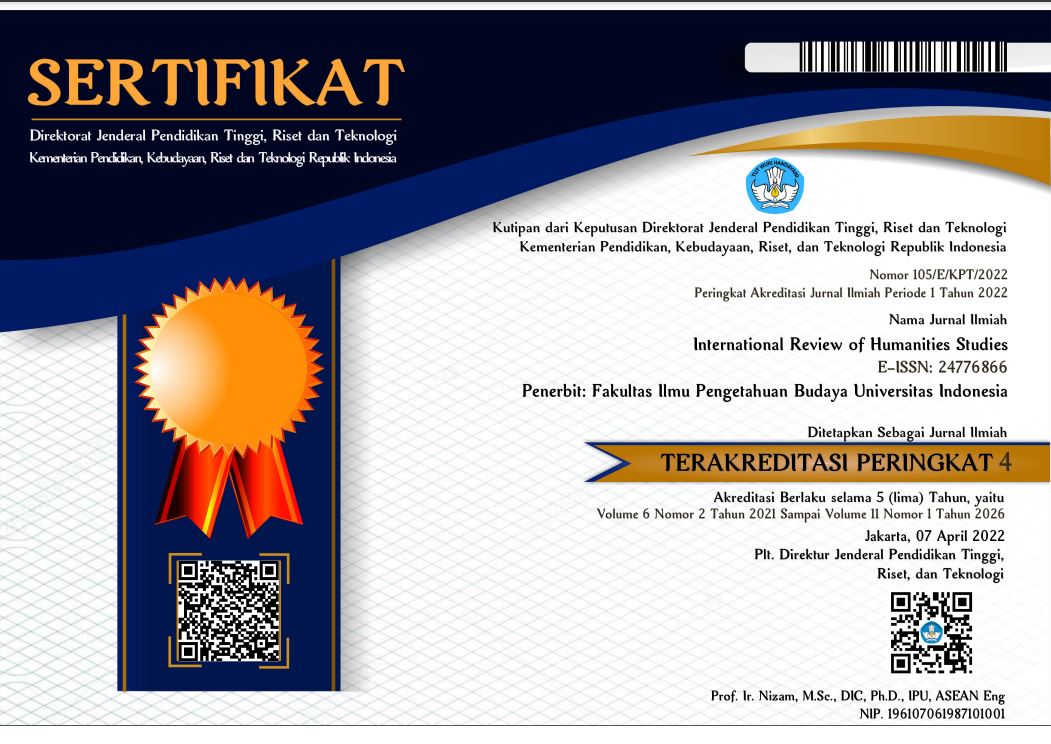International Review of Humanities Studies

Abstract
A narrative commonly found within the discourse of nationalist archaeology is the polemic of ideology at the expense of empiricism. There are many examples of the manipulation of archaeological data in the service of the state’s nationalist or imperialist ideology, and such efforts produce narratives in which archaeology is treated as inherently apolitical. This paper explores the interactions between and within multiple stakeholders –the state, archaeologists, and the media – and their roles in the construction of national myths, and their consequences for local populations. It highlights recent controversies surrounding the re-interpretation of the megalithic site of Gunung Padang in Western Java, Indonesia. The case of Gunung Padang offers an opportunity to observe how national myths are both constructed and contested in recent times. This paper argues that the intersections between archaeology and popular media contributed to a skewed understanding of the past and generated specific categories of acceptable national myths which, in turn, directed nationalistic research.
Recommended Citation
Sulistyowati, Dian and Foe, Aldo W.
(2021)
"INDONESIA’S OWN ‘PYRAMID’: THE IMAGINED PAST AND NATIONALISM OF GUNUNG PADANG,"
International Review of Humanities Studies: Vol. 6:
No.
1, Article 10.
Available at:
https://scholarhub.ui.ac.id/irhs/vol6/iss1/10
Included in
Archaeological Anthropology Commons, History of Art, Architecture, and Archaeology Commons, Social and Cultural Anthropology Commons



